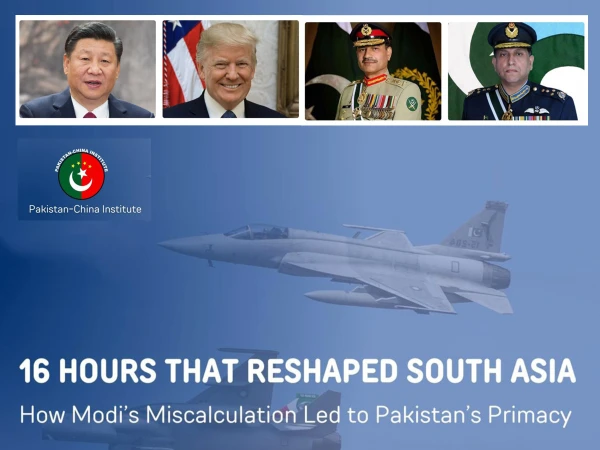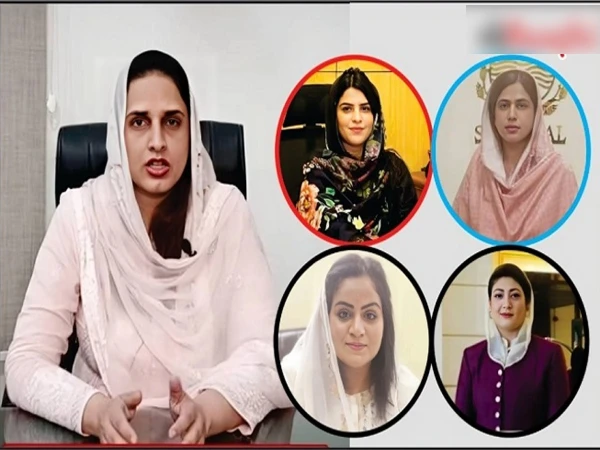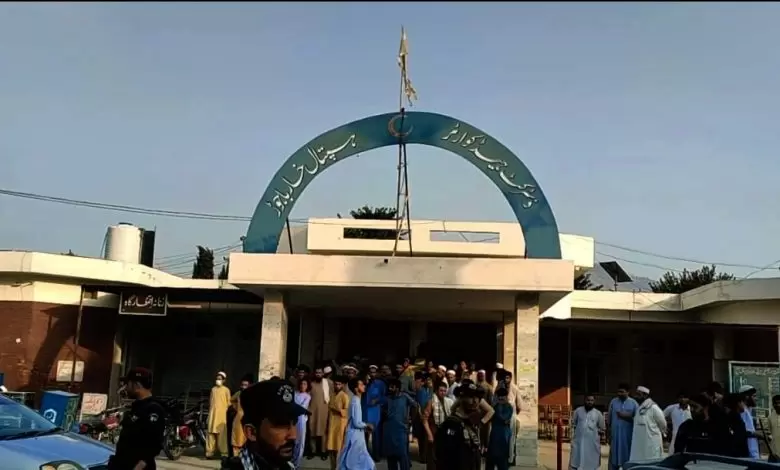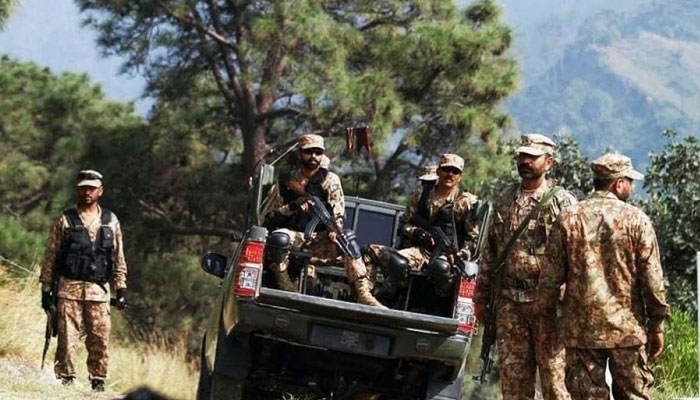
Senator Mushahid Hussain unveiled a report by a leading think tank titled “A Historic Shift in South Asia Within 16 Hours”, highlighting Modi’s strategic miscalculations, Pakistan’s decisive superiority, and the rebalancing of defensive power that rules out the possibility of war. The report refers to Pakistan’s performance in May as “one of its finest hours.”
Published by the Pakistan-China Institute (PCI), a prestigious think tank focusing on China and regional affairs founded by Senator Mushahid Hussain, the comprehensive report is titled “A Historic Shift in South Asia Within 16 Hours: How Modi’s Miscalculation Led to Pakistan’s Strategic Superiority.”
Speaking to the media at the launch, Senator Mushahid said PCI is the first think tank in Pakistan to issue such a detailed report covering every facet of the recent Pakistan-India escalation, including its outcomes, Modi’s errors in judgment, and the factors behind Pakistan’s success. He called it “India’s greatest strategic defeat since Nehru’s loss to China in 1962.”
Also Read: KP Police Cancels All Out-of-Turn Promotions Following Supreme Court Verdict
He lauded the bold strategic planning of Pakistan’s armed forces and credited the coordinated and professional leadership of Field Marshal Syed Asim Munir and Air Chief Marshal Zaheer Ahmed Babar. Their joint effort, he said, set a remarkable example of inter-services cooperation and strategic clarity.
Among the factors behind Pakistan’s success, Senator Mushahid emphasized the professionalism, training, morale, and technological prowess of PAF pilots, particularly their mastery of electronic warfare and dominance in cyber capabilities.
He recalled Pakistan’s moment of pride in May 1998 during the nuclear tests, when he served as Information Minister and chief spokesperson. He said the current scenario was another proud moment for Pakistan, marked by thorough planning, complete coordination, and flawless execution, bolstered by effective diplomacy from the Foreign Office and a mature narrative from the media.
He also praised the courage and resilience of the Pakistani people, who stood firmly with the armed forces in the face of external aggression and displayed national solidarity.
While presenting the report, its cover featuring four images including JF-17 Thunder and J-10C jets soaring in the background, Senator Mushahid praised China’s role. He said under President Xi Jinping’s leadership, China stood “like a rock” with Pakistan.
He also commended former U.S. President Donald Trump’s role in mediating the ceasefire and reviving the Kashmir dispute, a significant setback for India.
Ruling out the possibility of war, Mushahid said the events of May have led to three new strategic realities: First, Pakistan has restored the balance of defensive power. Second, China has effectively become a stakeholder in the Kashmir issue and emerged as a stabilizing force in South Asia, acting as a fortress in defense of Pakistan’s unity, territorial integrity, and sovereignty. Third, the U.S. has re-emerged as a global power playing a mediating role in South Asia, treating both Pakistan and India on equal footing in the pursuit of peace and stability.
The PCI report proposes a three-pronged strategy focusing on proactive diplomacy, strategic alignment with other South Asian nations, and strengthening ties with allies such as China, Turkey, Azerbaijan, Iran, and Saudi Arabia.
It also recommends a creative legal strategy regarding the Indus Waters Treaty (a form of lawfare), taking India’s RSS Hindutva regime to Western international courts, and intensifying the narrative battle through media, think tanks, policymakers, parliamentary engagement, and public diplomacy.
One of the key points of the PCI report is that the “balance of terror” model in South Asia has proven effective. Given that both Pakistan and India are nuclear powers, this balance has served as a deterrent to Indian aggression and helped maintain peace, security, and stability in the region.
In fact, it states that Pakistan has successfully restored conventional and strategic equilibrium with India, despite the clear disparity in size and resources, marking a historic achievement.
In his concluding remarks, Senator Mushahid said that although the possibility of war has been ruled out, vigilance remains essential. As outlined in the PCI report, India is following a “3D strategy”, to Defame, Damage, and Destabilize Pakistan.
He asserted that this strategy can be countered only through national unity, which is visibly strengthening today. He called for bridging political divides, fostering cohesion across the country, and crafting an effective strategy to combat terrorism.
He noted that the recent tension had uplifted national morale and fostered a new wave of confidence in the Pakistani nation, giving rise to renewed belief in the country’s future, as people rally around a newfound sense of unity and pride.
The 25-page report also includes a timeline of events since the April 22, 2025 Pahalgam terrorist attack, as well as global perspectives on the Pakistan-India crisis. It analyzes how past leadership miscalculations, like Modi’s “grave mistake”, have shifted the course of history, citing Hitler’s attack on the Soviet Union in 1941 after conquering most of Europe as a historical parallel of strategic overreach.
Senator Mushahid also appreciated the role of the Pakistani media, which he said reported the events with responsibility and truth. As a result, Pakistani media's credibility has been recognized and praised both at home and internationally.
The full report can be downloaded from the PCI website: www.Pakistan-China.com
1.jpeg)
09 Jul, 2025






1.jpeg)
09 Jul, 2025